Healing Guilt, Shame and Insecurity (Part I)
By Blake D. Bauer
Do you constantly make yourself wrong for feeling the way you feel or for desiring the things you desire in life? Do you find yourself feeling guilty after you express your emotions or after doing something just for yourself that’s not about pleasing someone else? Do you constantly fear hurting others when making a choice that’s best for you, but then find that you stop yourself and hurt yourself instead? If you answered yes to any of these questions, then you’re just like me and most people on the planet who suffer with deep guilt whereby we not only feel that we are a problem – that our mere existence is a burden – but also that we are somehow wrong, bad or sinful for wanting to be happy, well and truly loved.
Is the fact that we’re surviving really enough? Should we just accept that it’s ‘normal’ to live in fear, with deep insecurity, shame and anxiety? Is asking to thrive, to achieve your dreams, to feel completely satisfied in your intimate relationship, or to realize your full potential personally and professionally, really too much to ask? My personal view is that you and I did not come here just to survive or to settle for crumbs of happiness, peace, health or love. Rather, we’re all destined to learn how to value ourselves enough not to settle for less than a whole loaf in each area. It is not wrong to want to enjoy our life, our relationships and our body. It is not wrong to desire fulfilling work that has meaning, but which also pays the bills, puts food on the table and eventually provides the financial freedom for us never to feel trapped somewhere we don’t want to be.
I have found that there is a golden thread to much of our suffering, which once understood helps us to heal the origin of insecurity, fear, guilt and shame. The root cause of these emotions that so many of us battle with daily goes back to our conception, our time in our mother’s womb and our early childhood. Please think back to what life might have been like for your mother and father when they made love, or had sex, and thus created you. Do you think your parents were deeply self-aware, emotionally or financially stable, happy in themselves, masterful at loving themselves, or truly satisfied in their intimate relationship? It has become very obvious to me, having worked with thousands of people in all phases of life, that most people are stressed, spread thin, confused, scared, or do not know who they are, to varying degrees of course, when they bring a life into the world.
Some people are aware of this internal unrest while others are very good at repressing what they feel and thus carry on as though everything is okay, when in reality there’s quite a bit of inner turmoil present. The relevance of this fact comes into play when we stop to consider that we not only absorb everything that our mother eats and drinks while she is pregnant, but we also inherit much of what she believes, thinks, feels and experiences in her environment. If Mum is insecure, confused, scared or anxious, then we will most likely be born with these energies alive within us. Likewise, if Mum is confident, at peace and feeling supported in life, we will most likely feel this way too. The same is true of how and where our biological father is in himself at the time of our conception, birth and in our early formative years. If Dad is scared, stressed or absent, we will feel this. If he is excited, clear and committed, then we’ll feel this too.
The bridge between this fact and why we make ourselves wrong so much is that most of our parents felt at some point that having children was stressful, a sacrifice or burdensome. Even though no parent would ever choose to feel this way, let alone admit to it, it is a very common fact based on the truth that we are inherently selfish creatures. We can sense this unspoken truth while growing up and it’s intimately tied up with every other repressed truth that eventually leads to various forms of suffering later in life. This in no way means our parents were bad people, nor does it mean you’re wrong for feeling this way if you’re a parent. Exploring these facts is not about judging our parents or judging ourselves. It’s not about blaming anyone either. What this perspective offers is an objective awareness of one major cause of our struggles, which needs to be understood and healed if we want to be healthy and happy in the long run.
Except from international bestselling book You Were Not Born To Suffer
About the Author
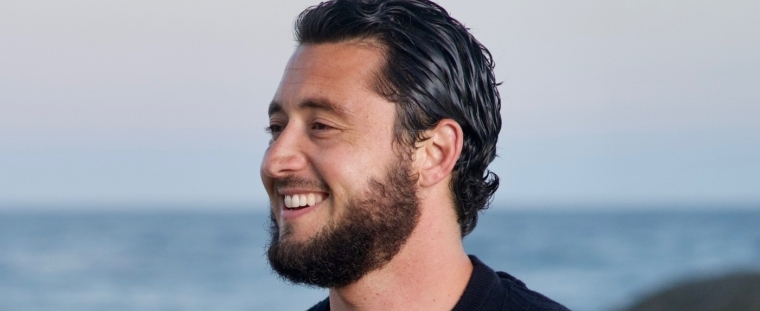

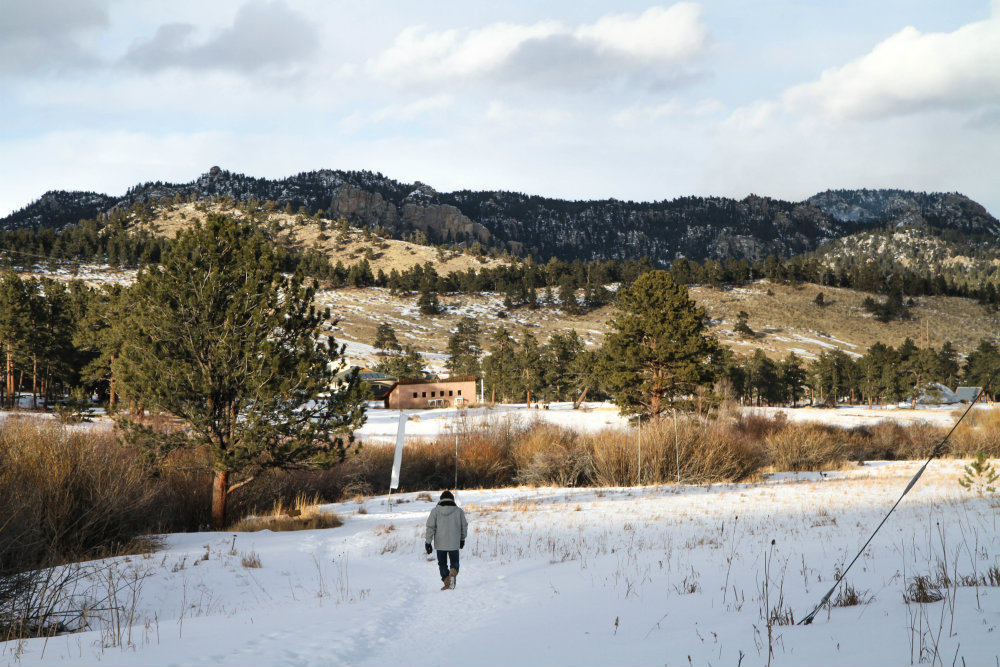
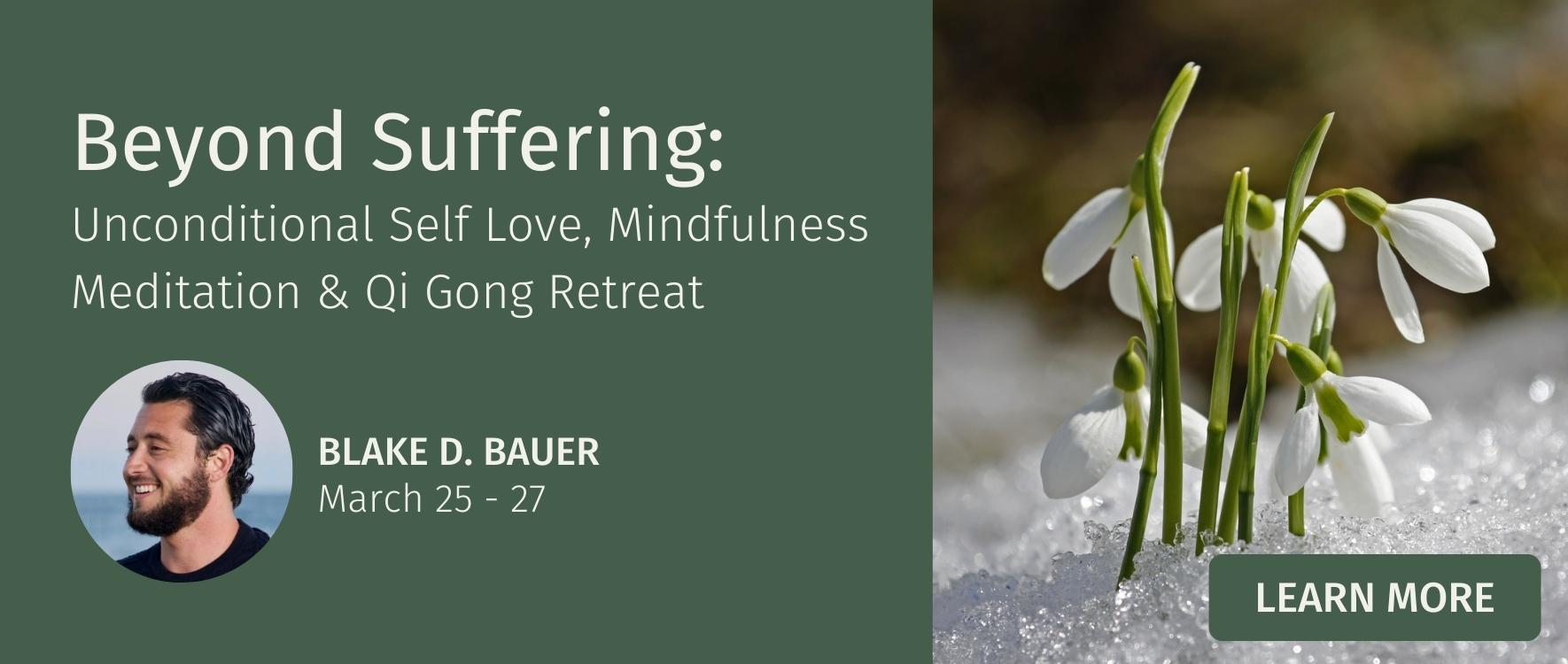
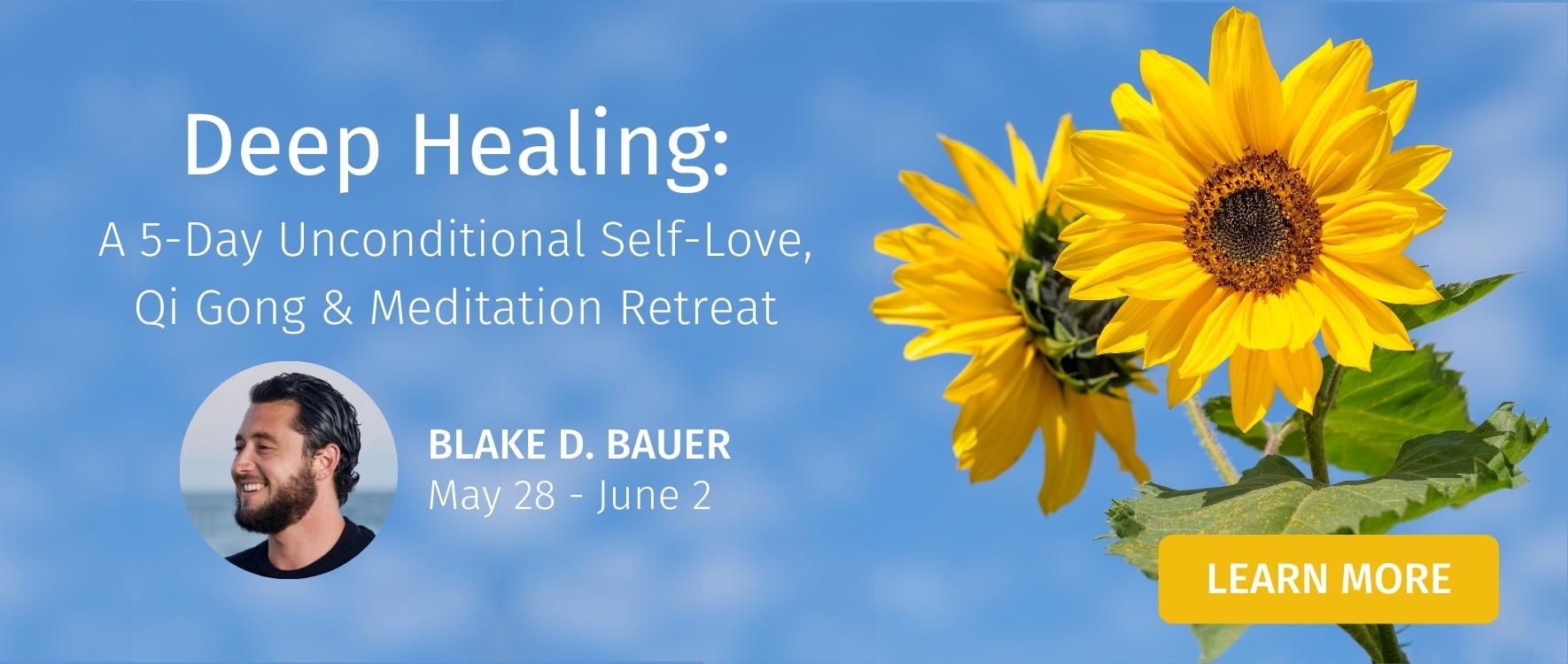




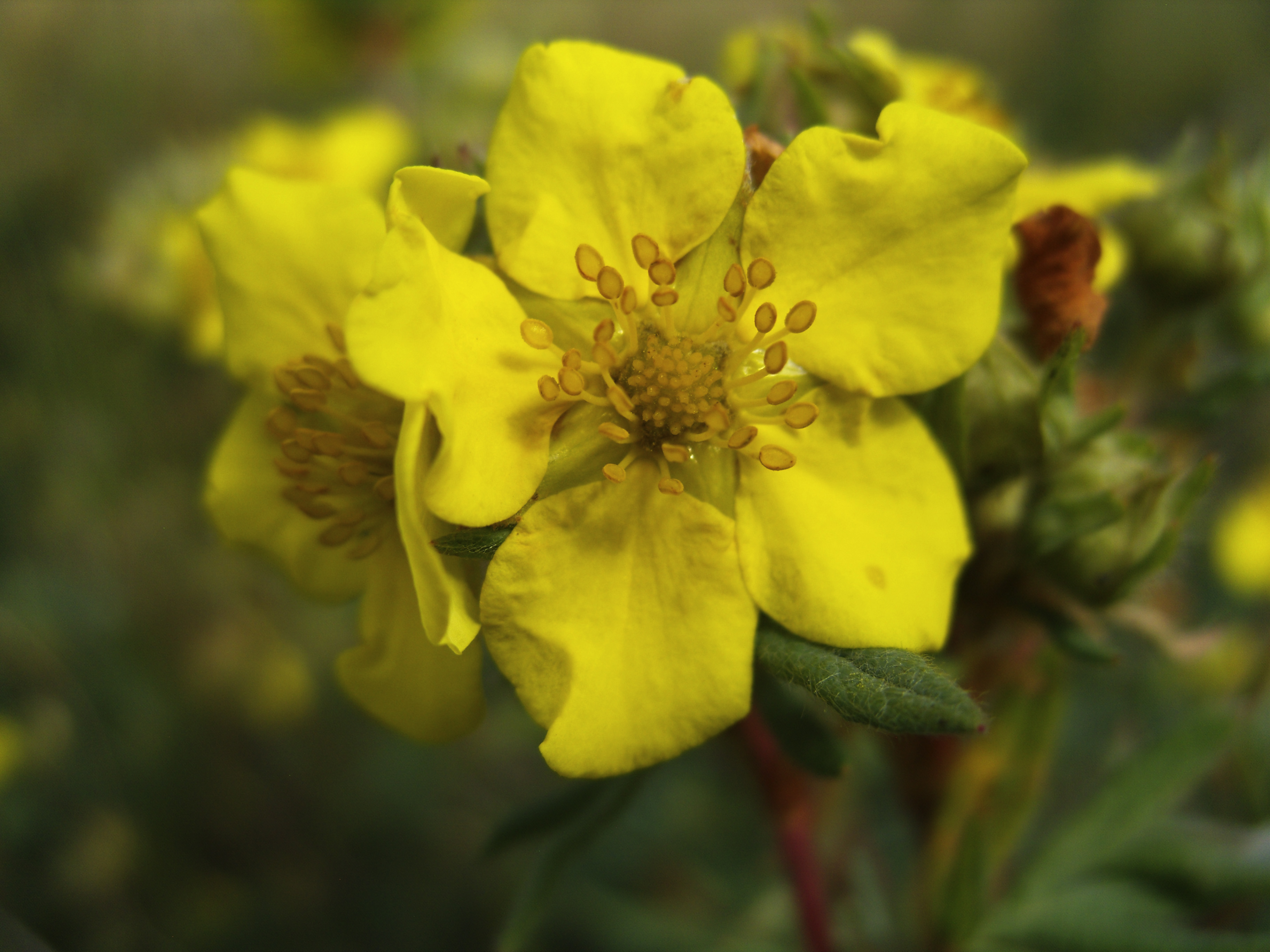
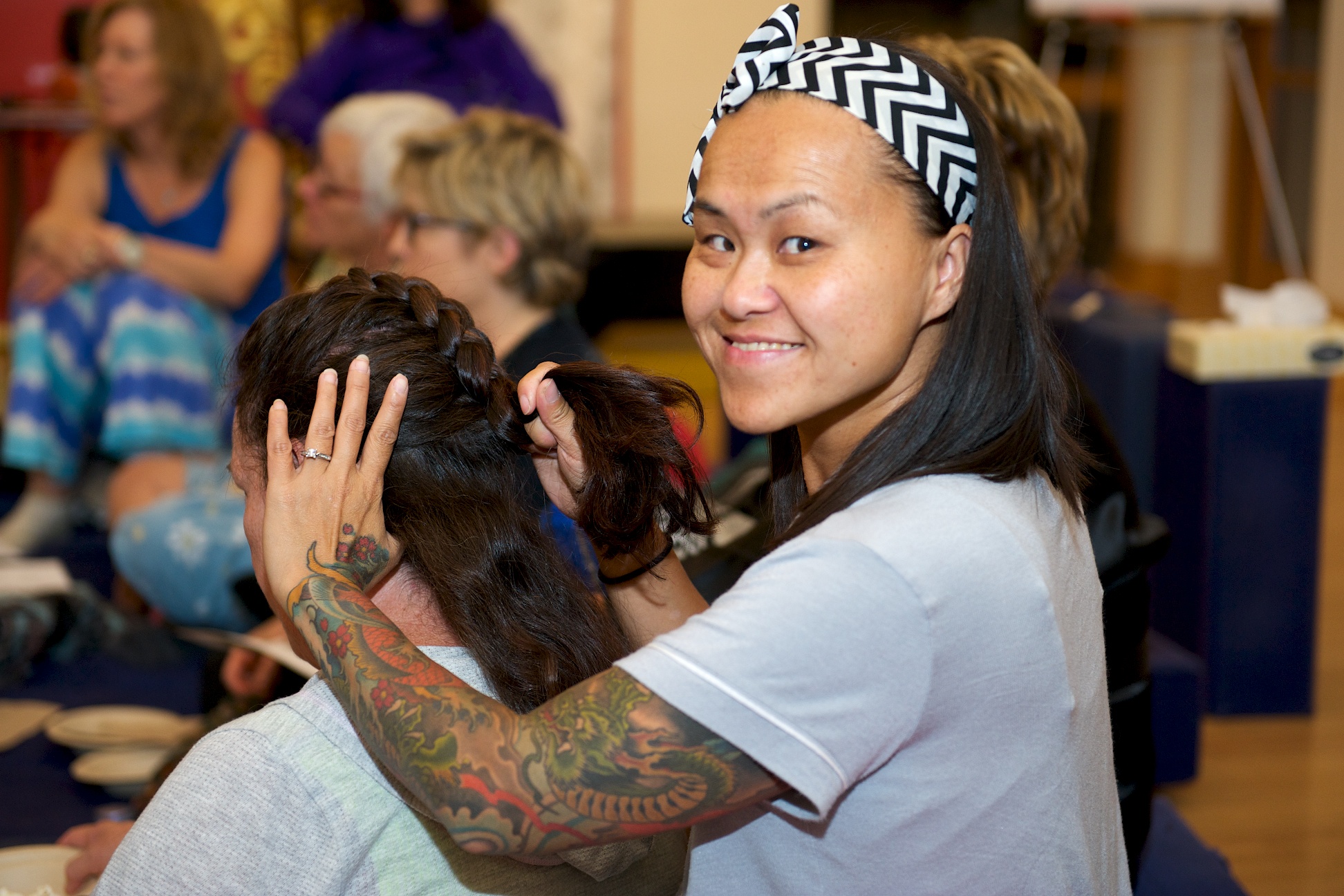
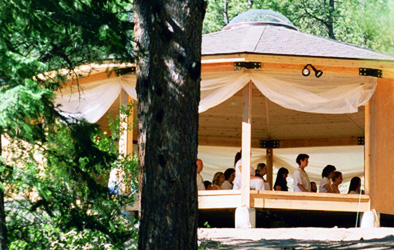
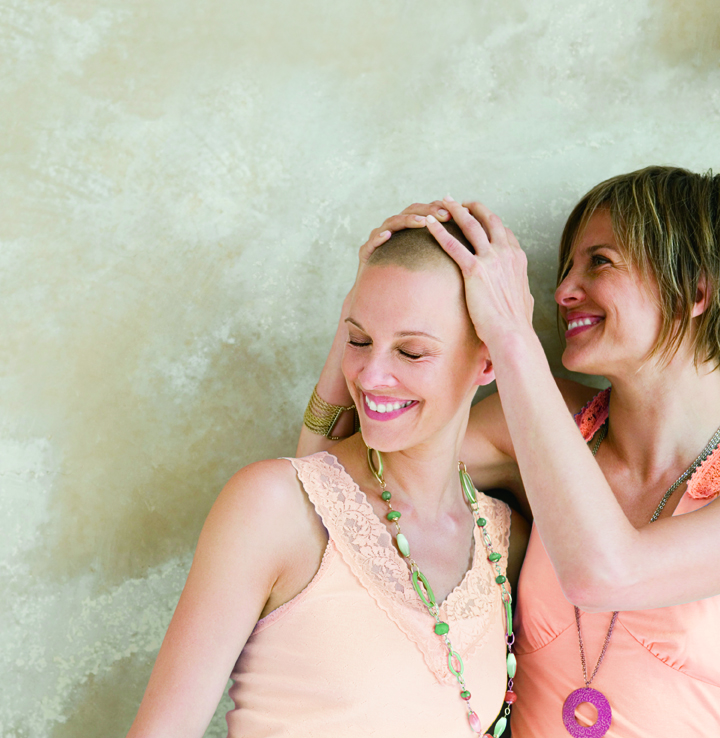
Leave a Reply
Want to join the discussion?Feel free to contribute!